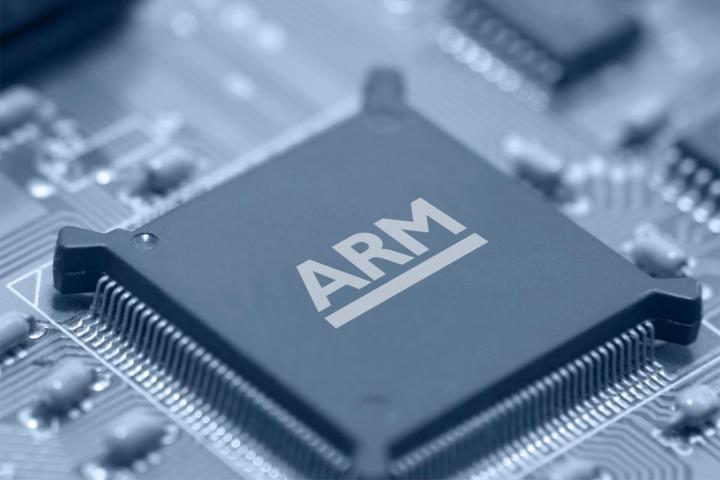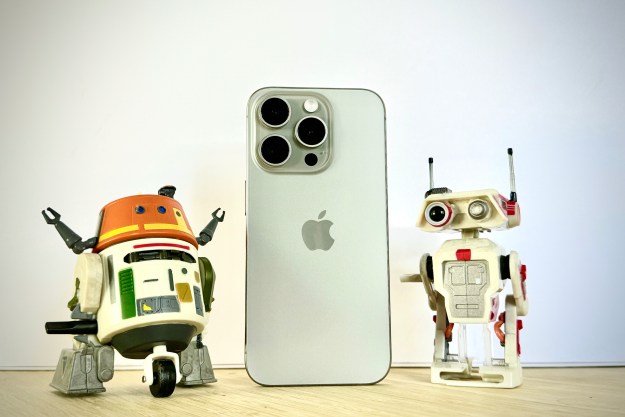
ARM, which designs the vast majority of chips selling in mobile devices today and is widely considered as the U.K.’s most successful tech outfit, confirmed the news on Monday. Rather than build the microchips itself, the company licenses the technology to firms such as Qualcomm, Apple, and Samsung, with more than 60 billion ARM-based chips shipped globally to date.
The acquisition, the largest ever of a European tech firm, reflects SoftBanks’ confidence in the future success of the so-called “Internet of Things,” a growing market where everyday objects and machines – refrigerators, washers, watches, cars, and so on – are built to communicate with each other. Using, SoftBank hopes, chips designed by ARM.
Commenting on the deal, ARM CEO Simon Segars said the two companies “share a vision of the way technology is going to change people’s lives, the way technology is going to enable communication and collaboration around the world.”
He added, “With SoftBank’s backing, with the level of investment they can make in this business, we believe we’ll be able to achieve more than we could standing on our own.”
ARM, based in the university city of Cambridge about 40 miles north of London, was founded in 1990 and currently employs more than 3,000 people. Around 1,500 new jobs are expected to be created in the U.K. over the next five years as a result of the SoftBank deal, with additional positions created overseas.
SoftBank founder and CEO Masayoshi Son said in a statement on Monday that its latest acquisition would be “an excellent strategic fit,” at the same time noting the “competitive advantage provided by the deep pool of science and technology talent in Cambridge.”
Tokyo-based SoftBank already owns a slew of technology-related firms – Sprint among them – and has also increased its global profile in the last couple of years via Pepper, a robot which can respond to human emotions that it created in collaboration with French robotics firm Aldebaran SAS.
Editors' Recommendations
- Samsung launches the Galaxy Book Go with an ARM chip inside for just $350
- Nvidia reportedly close to sealing more than $40 billion deal to buy ARM


